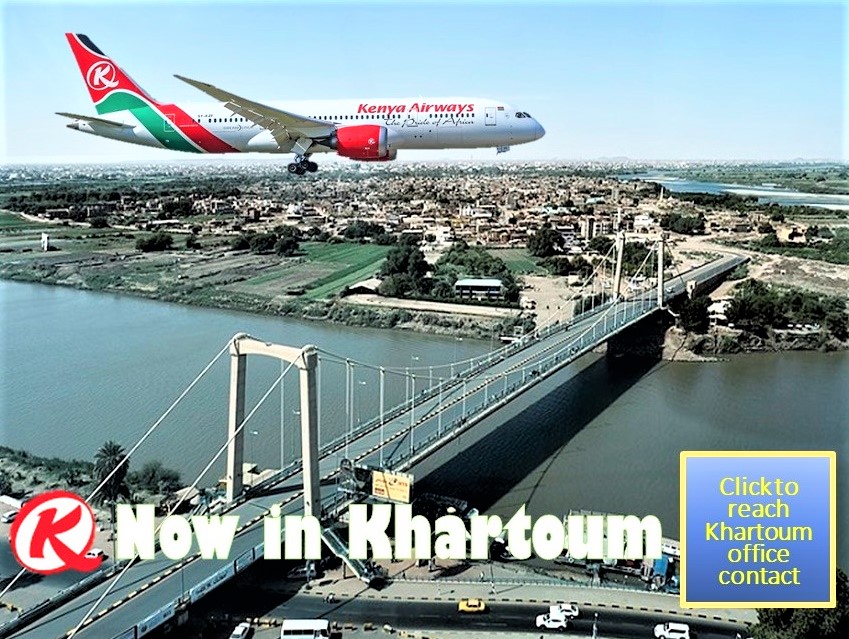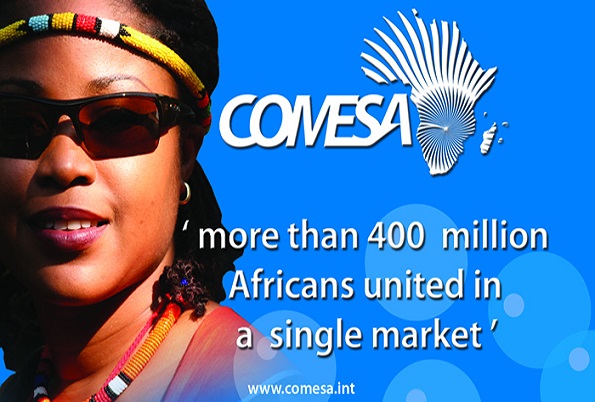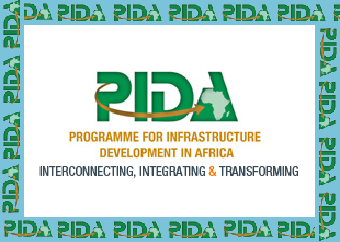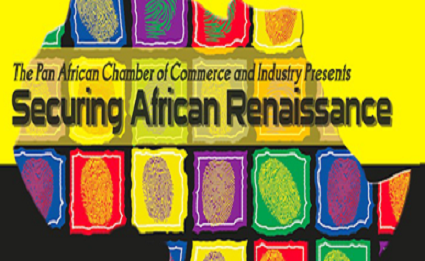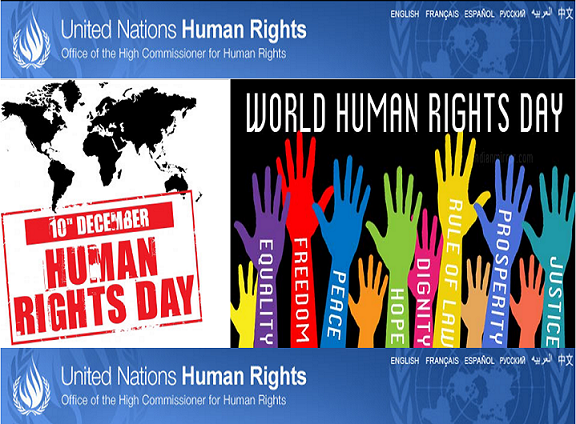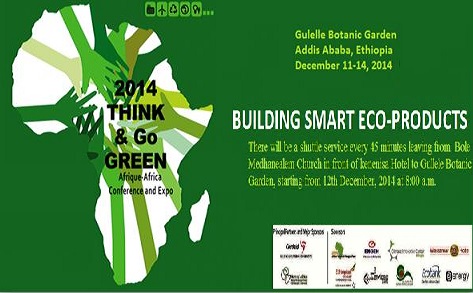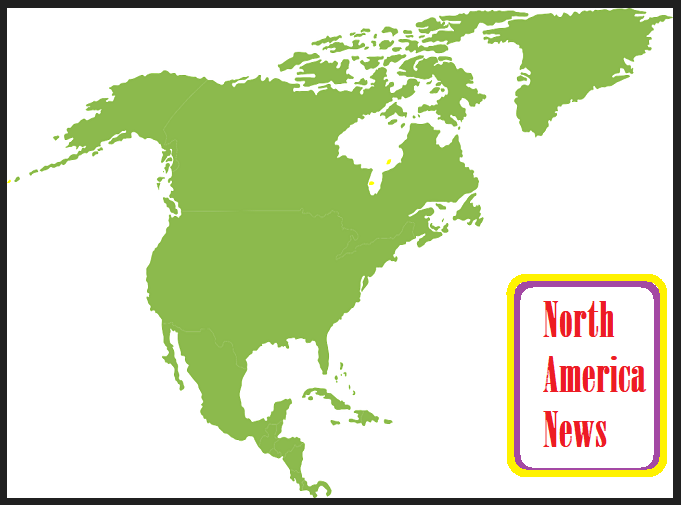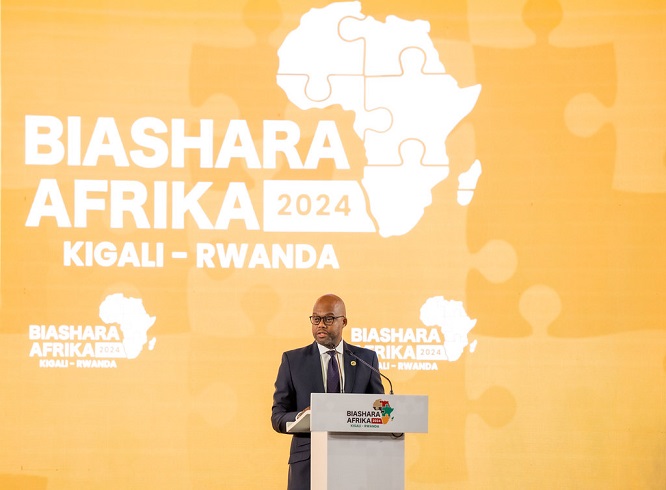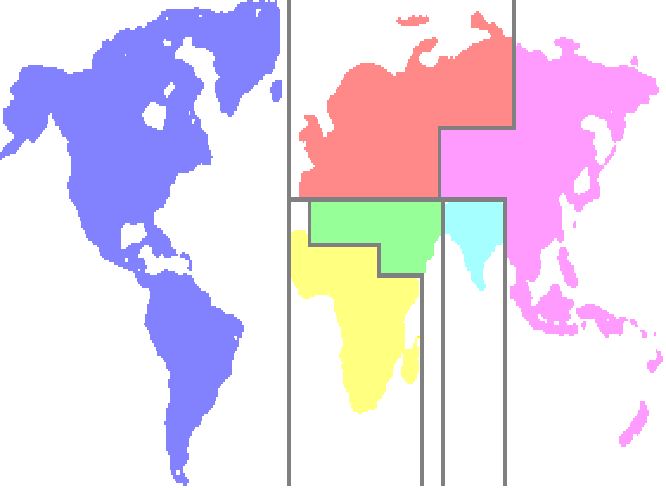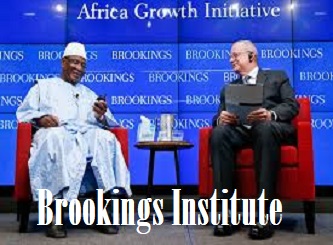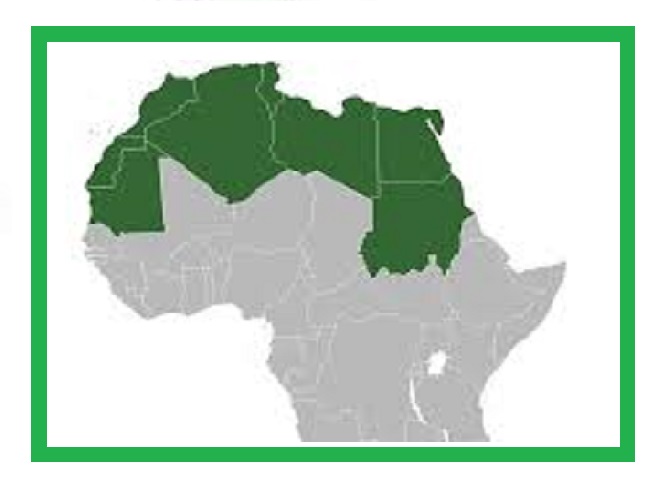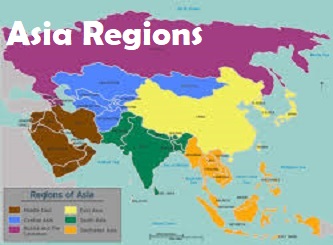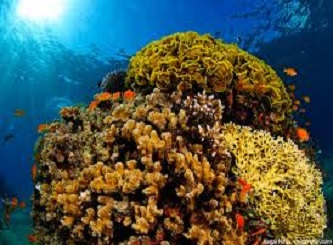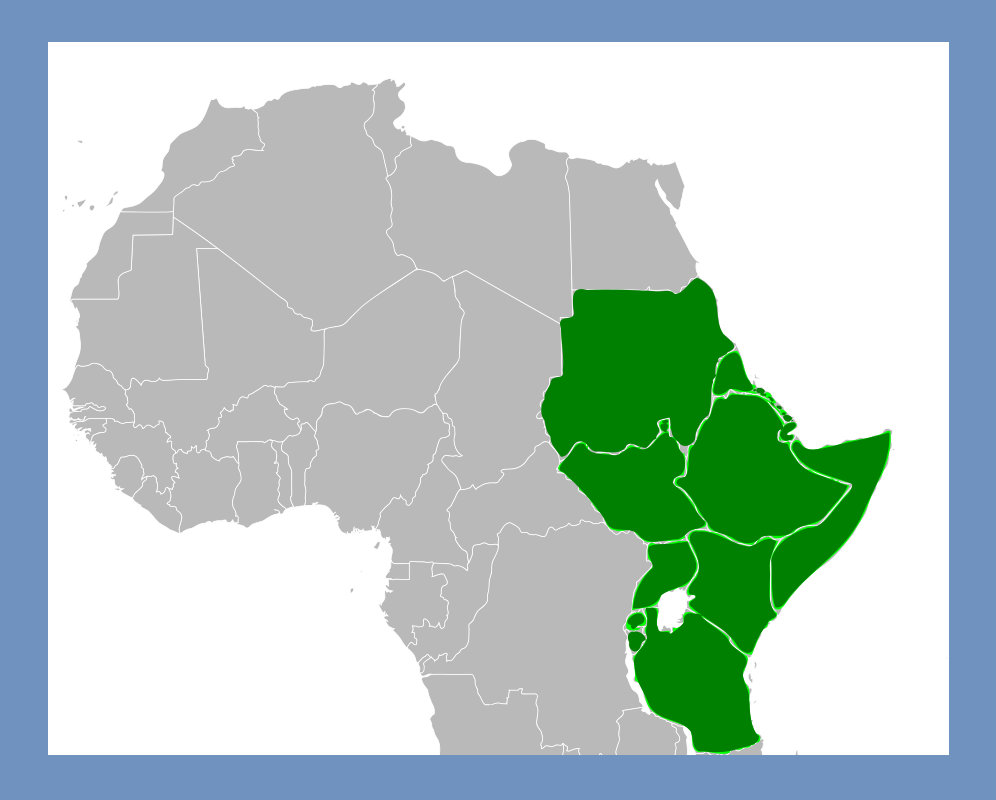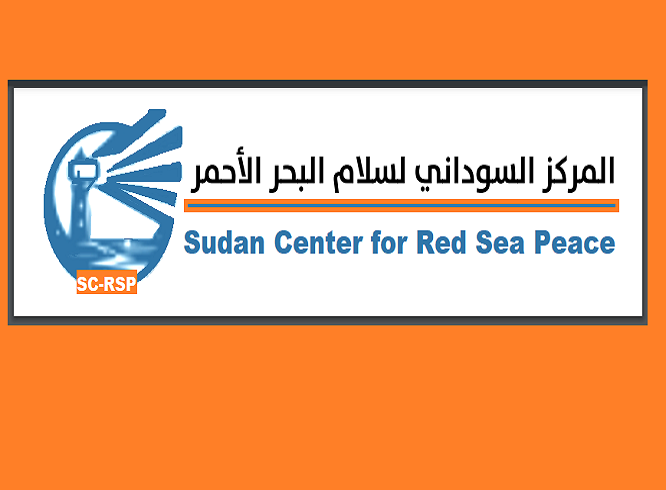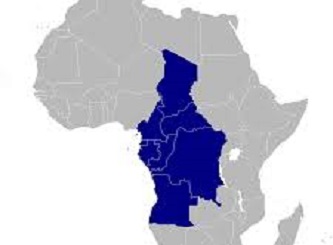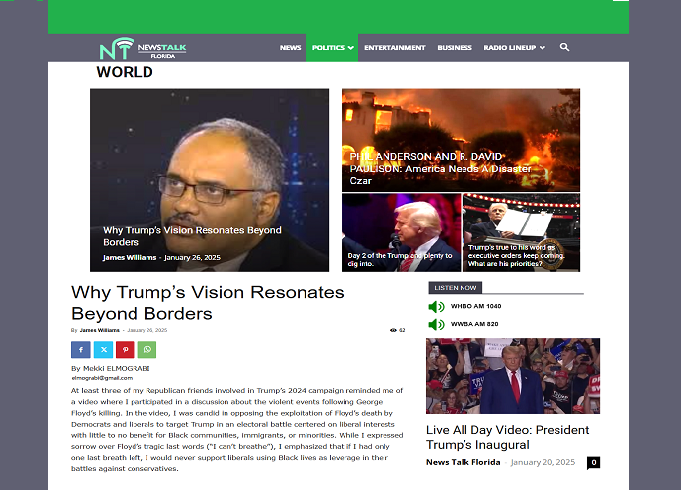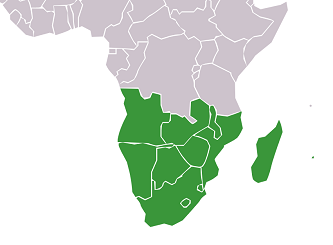A Call for the Western Red Sea Organization (WERSO) and Sudanese-Ethiopian-Egyptian Port Partnership
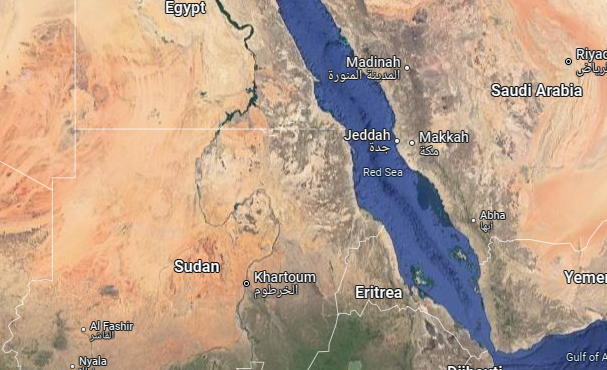
Why US should review its mistakes in the area and support this pragmatic cooperative proposal?
By Mekki ELMOGRABI
The Vision for the Western Red Sea Organization (WERSO)
The strategic significance of the Red Sea is undeniable, yet the western shore remains underdeveloped compared to its eastern counterpart. To address this disparity and promote regional cooperation, I propose the establishment of the Western Red Sea Organization (WERSO). This organization would include nations bordering the western Red Sea and landlocked countries in the regional neighborhood. Expected members could include Egypt, Sudan, Eritrea, Djibouti, Somalia, Ethiopia, South Sudan, Central Africa, and Chad.
Unlike the Saudi-led Red Sea Council, which focuses solely on Red Sea-bordering nations, WERSO would address the economic development of both coastal and landlocked countries. Ethiopia, South Sudan, Central Africa, and Chad are landlocked, and their geographical challenges have exacerbated tensions in the region. WERSO would help alleviate these problems by fostering cooperation among these nations and promoting development.
Tensions over Ethiopian Access to the Sea: Need, Not Greed
Recent friction between Ethiopia and Somalia underscores the urgent need for Ethiopia to secure maritime access. The Memorandum of Understanding (MoU) between Somaliland and Ethiopia, granting Ethiopia sea access through Somaliland, has led to tension between Somalia and Ethiopia. This MoU undermines the sovereignty of Somalia’s federal government, which recently invited Egypt to provide technical support to its army.
This tension is driven by Ethiopia’s necessity, it “the need not greed” that pushed Ethiopia to the sea. Ethiopia, as a landlocked nation, relies on sea access for economic growth and stability. Egypt, although it has security concerns, does not oppose Ethiopia’s right to reach the sea. External actors have heightened fears, but the real solution lies in cooperation, not conflict. Although there is a Turkish promising mediation between Ethiopia and Somalia, Sudan can play a crucial role in mediating these issues and fostering collaboration between Ethiopia and its neighbors.
The Solution is a Pilot Project: Sudanese-Ethiopian-Egyptian Port Partnership
To set the foundation for WERSO and ease tensions, I propose a Sudanese-Ethiopian-Egyptian port partnership. This joint venture could take the form of a tri-national company, where each country shares in the development and management of a port. Egypt would bring expertise in port management, Sudan could allocate a designated port, and Ethiopia would contribute through electrical connections and agricultural partnerships.
Port Sudan’s Green Port dock could be utilized as the starting point until a new port is constructed. This cooperation could foster prosperity among the three nations and transform conflict into collaboration. For this project to succeed, it must remain exclusive to Sudan, Egypt, and Ethiopia. Sudan, as the sovereign state, should take the lead in initiating this plan, which would address Ethiopia’s sea access needs and build trust among the nations.
Why the U.S. Should Support This Pragmatic Proposal?
The U.S. has an opportunity to play a constructive role in the Red Sea region by supporting this proposal. Ethiopian public opinion views past U.S. actions—particularly under the Trump administration’s stance on the Grand Ethiopian Renaissance Dam (GERD)—as antagonistic. Meanwhile, many in Sudan and Egypt believe that the Biden administration’s indecisiveness and slow actions against the Rapid Support Forces (RSF) in Sudan contributed to the war that erupted in April 2023. According to observers, the mistake in the US administration’s position is due to its participation in the Quadrant Mechanism and its commitment to cooperate with this mechanism, a group of four countries (USA, UK, UAE and KSA).
The U.S. must correct these missteps and take a positive stance by endorsing this cooperative venture.
Supporting WERSO and the Sudanese-Ethiopian-Egyptian port project could serve as a critical step toward rebuilding U.S. credibility in Africa. By backing this proposal, the U.S. can protect the project from external interference and ensure it benefits the region rather than outside powers. Both Democratic and Republican presidential candidates should consider the benefits of championing this initiative to restore trust and strengthen U.S.-Africa relations.
If the U.S. government does not support this proposal, it should reconsider its recent policies in the Horn of Africa and work toward a new, cooperative strategy. This should be a priority for U.S. Special Envoy for Sudan Tom Perriello, U.S. Special Envoy for the Horn of Africa Ambassador Mike Hammer, and Secretary of State Antony J. Blinken.
Conclusion
The creation of WERSO and the Sudanese-Ethiopian-Egyptian port partnership offers a pragmatic approach to fostering cooperation and reducing regional tensions. By prioritizing self-reliance and independence from external powers, these initiatives have the potential to transform the Red Sea region into a zone of integration and collaboration. This project presents a vital opportunity for the U.S. to rebuild its image and credibility in Africa through meaningful, supportive engagement.

